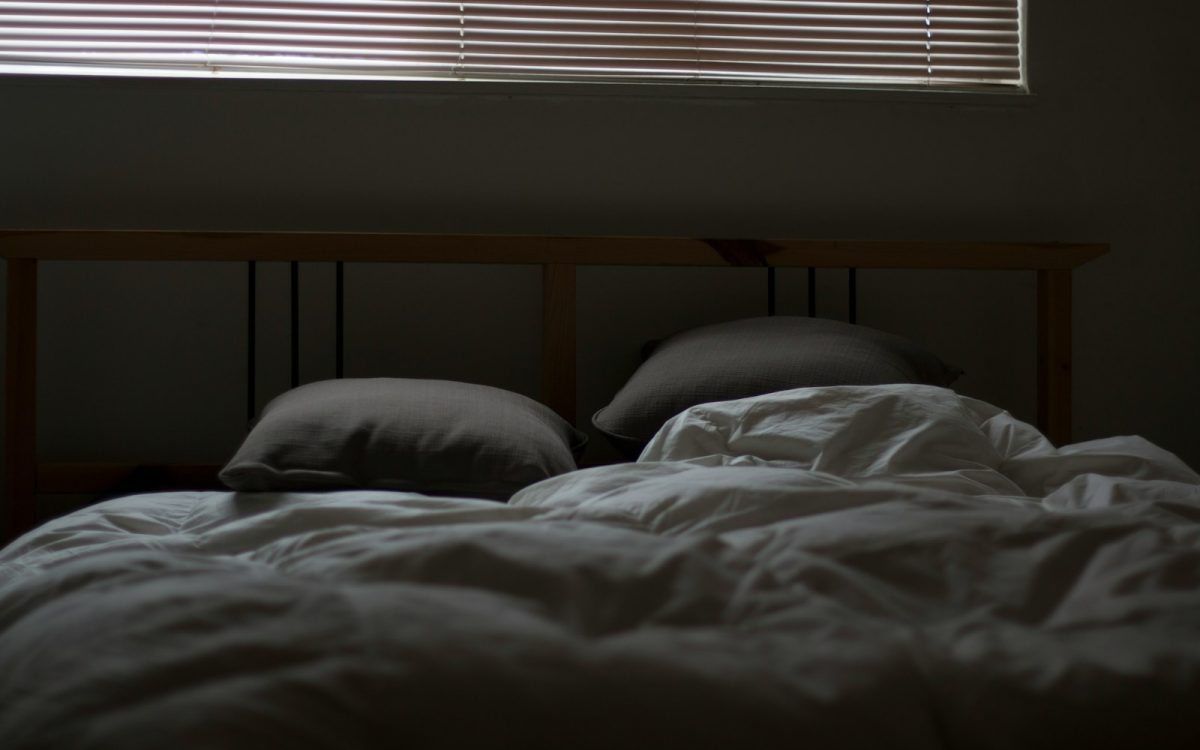Here are sleep hygiene tips that actually work, backed by science and expert recommendations:
1. Keep a Consistent Sleep Schedule
Go to bed and wake up at the same time every day—even on weekends. A consistent routine reinforces your body’s sleep-wake cycle (circadian rhythm), helping you fall asleep and stay asleep more easily.
2. Create a Relaxing Bedtime Routine
Wind down with calming activities 30–60 minutes before bed. Try reading, taking a warm bath, listening to soothing music, or practicing deep breathing or meditation to signal your body it’s time to sleep.
3. Limit Exposure to Screens Before Bed
Avoid phones, tablets, and TV at least 1 hour before bedtime. The blue light emitted can suppress melatonin production—the hormone that promotes sleep—and delay sleep onset.
4. Make Your Bedroom Sleep-Friendly
Optimize your sleep environment:
– Keep it cool (60–67°F or 16–19°C is ideal)
– Block light with blackout curtains or an eye mask
– Reduce noise with earplugs, white noise machines, or fans
– Use a comfortable mattress and pillows
5. Limit Caffeine and Alcohol
Caffeine can stay in your system for 6–8 hours, so avoid it after mid-afternoon. Alcohol might make you feel sleepy initially, but it can disrupt REM sleep and cause more frequent awakenings.
6. Be Smart About Napping
If you nap, keep it short—20 to 30 minutes—and avoid napping late in the afternoon. Long or late naps can interfere with nighttime sleep.
7. Get Natural Light Exposure During the Day
Exposure to natural light, especially in the morning, helps regulate your internal clock. Try to spend time outside or near a window for at least 30 minutes a day.
8. Exercise Regularly—but Not Too Late
Regular physical activity promotes deeper sleep. Just avoid strenuous exercise in the 2–3 hours before bedtime, as it can be stimulating.
9. Avoid Heavy Meals and Fluids Before Bed
Large meals, spicy foods, or caffeine-containing substances close to bedtime can cause discomfort or heartburn. Also, drinking too many fluids late can lead to frequent bathroom trips.
10. Go to Bed Only When You’re Sleepy
If you’re lying in bed wide awake, get up and do a quiet, non-stimulating activity (like reading) until you feel sleepy. Avoid turning on bright lights or screens.
11. Use Your Bed Only for Sleep and Intimacy
Avoid working, watching TV, or using your phone in bed. This helps your brain associate your bed with sleep, not stimulation.
12. Manage Stress and Anxiety
Practice relaxation techniques such as mindfulness, progressive muscle relaxation, journaling, or talking to a therapist if stress is affecting your sleep.
Bonus Tip: Try a Sleep Diary
Keep a sleep journal to track your habits and patterns. This can help identify what’s disrupting your sleep and what routines are helping.
Implementing these tips consistently can significantly improve the quality and quantity of your sleep over time. If sleep problems persist despite good sleep hygiene, consider speaking with a medical professional—you may be dealing with a sleep disorder like insomnia or sleep apnea.





